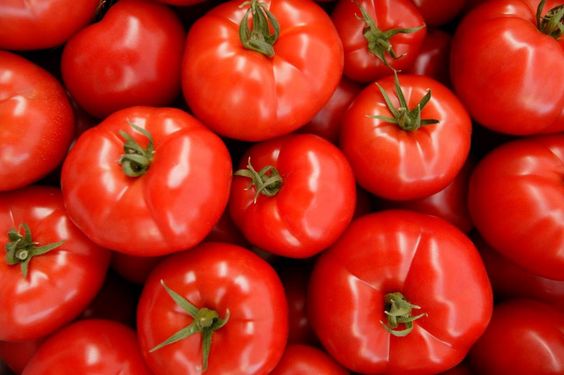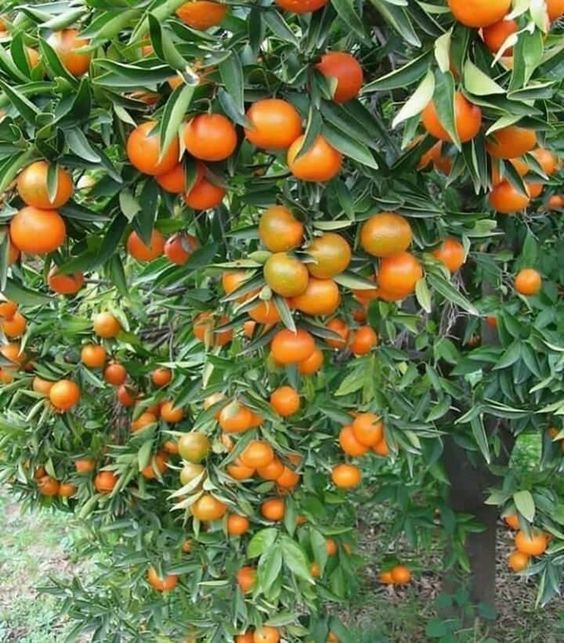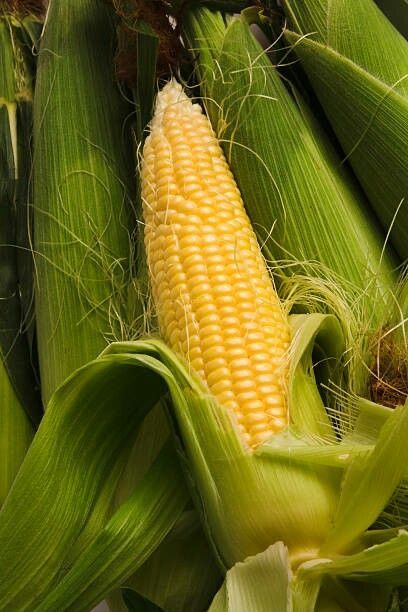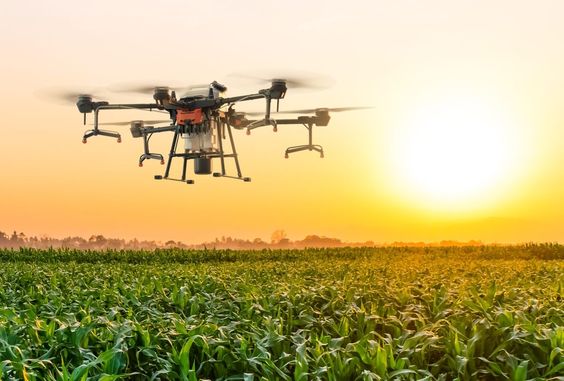Harnessing Smart Agriculture for Organic Tomato Gardening: A Comprehensive Guide
Organic Tomato Gardening,The agricultural sector is undergoing a transformative shift, driven by the advent of Smart Agriculture technologies. These innovations are reshaping traditional farming practices, enabling farmers to achieve higher yields, better quality produce, and enhanced sustainability. Among the myriad of crops benefiting from these advancements, organic tomato gardening stands out as a prime example. This article delves into the integration of Smart Agriculture in organic tomato cultivation, exploring its benefits, objectives, applications, and advantages.
Smart Agriculture, also known as precision agriculture, leverages modern technologies such as the Internet of Things (IoT), artificial intelligence (AI), machine learning (ML), drones, and sensors to optimize farming practices. These technologies provide real-time data and insights, allowing farmers to make informed decisions, reduce resource wastage, and enhance crop productivity.
Organic tomato gardening emphasizes growing tomatoes without synthetic chemicals, relying on natural processes and inputs. This approach not only produces healthier and tastier tomatoes but also contributes to environmental sustainability. When combined with Smart Agriculture, organic tomato gardening becomes more efficient and productive.
Contents
- 1 Benefits of Integrating Smart Agriculture in Organic Tomato Gardening
- 2 Objectives of Smart Agriculture in Organic Tomato Gardening
- 3 Applications of Smart Agriculture in Organic Tomato Gardening
- 4 Challenges and Considerations in Implementing Smart Agriculture
- 5 Usefulness of Smart Agriculture in Organic Tomato Gardening
- 6 Advantages of Smart Agriculture in Organic Tomato Gardening
Benefits of Integrating Smart Agriculture in Organic Tomato Gardening
- Precision Monitoring: Smart Agriculture enables precise monitoring of soil moisture, temperature, and nutrient levels. Sensors placed in the soil provide real-time data, helping farmers maintain optimal conditions for tomato growth.
- Disease and Pest Management: AI-powered systems can detect early signs of diseases and pest infestations. By analyzing images and patterns, these systems can recommend targeted interventions, reducing the need for broad-spectrum pesticides.
- Water Management: Smart irrigation systems use data from soil moisture sensors to deliver the exact amount of water needed, minimizing water wastage and ensuring that tomatoes receive adequate hydration.
- Nutrient Management: Fertilizer application can be optimized using data on soil nutrient levels. This ensures that tomatoes receive the right nutrients at the right time, promoting healthy growth and reducing environmental impact.
- Yield Prediction: Machine learning algorithms analyze historical data and current conditions to predict crop yields. This helps farmers plan better and make informed decisions about harvesting and marketing.
- Labor Efficiency: Automation and robotics can perform labor-intensive tasks such as planting, weeding, and harvesting, freeing up farmers to focus on more strategic activities.
Objectives of Smart Agriculture in Organic Tomato Gardening
- Enhance Productivity: Leveraging data-driven insights to increase tomato yields and quality.
- Reduce Environmental Impact: Minimizing the use of water, fertilizers, and pesticides through precise application.
- Improve Resource Efficiency: Optimizing the use of labor, water, and nutrients to maximize returns on investment.
- Ensure Sustainability: Promoting practices that are environmentally friendly and sustainable in the long term.
- Support Farmer Decision-Making: Providing farmers with real-time data and predictive analytics to make informed decisions.
Applications of Smart Agriculture in Organic Tomato Gardening
- IoT Sensors: Deploying soil and environmental sensors to monitor moisture, temperature, and nutrient levels.
- Drones: Using drones for aerial surveillance, crop health assessment, and precision spraying of organic treatments.
- AI and ML: Implementing AI and ML algorithms for disease detection, yield prediction, and optimizing farming practices.
- Automated Irrigation Systems: Installing smart irrigation systems that adjust watering schedules based on soil moisture data.
- Robotics: Utilizing robots for planting, weeding, and harvesting tasks, enhancing labor efficiency.
Usefulness of Smart Agriculture in Organic Tomato Gardening
- Improved Crop Quality: By providing optimal growing conditions, Smart Agriculture ensures that organic tomatoes are of the highest quality in terms of taste, texture, and nutritional value.
- Reduced Costs: Precision farming techniques reduce the need for inputs such as water, fertilizers, and pesticides, lowering overall costs.
- Enhanced Sustainability: By minimizing resource wastage and promoting environmentally friendly practices, Smart Agriculture supports sustainable farming.
- Increased Profitability: Higher yields, better quality produce, and reduced costs contribute to increased profitability for farmers.
- Risk Mitigation: Early detection of diseases and pest infestations allows for timely interventions, reducing the risk of crop losses.
Advantages of Smart Agriculture in Organic Tomato Gardening
- Data-Driven Decisions: Farmers have access to real-time data and analytics, enabling them to make informed decisions and improve farming practices.
- Efficiency: Automation and precision technologies enhance the efficiency of various farming operations, reducing the time and effort required.
- Scalability: Smart Agriculture technologies can be scaled to suit farms of different sizes, making them accessible to small-scale and large-scale farmers alike.
- Resilience: By optimizing resource use and mitigating risks, Smart Agriculture makes organic tomato farming more resilient to climate change and other challenges.
- Market Competitiveness: High-quality produce and efficient farming practices make organic tomato growers more competitive in the market.
The integration of Smart Agriculture in organic tomato gardening represents a significant advancement in the agricultural sector. By leveraging modern technologies such as IoT, AI, drones, and robotics, farmers can achieve higher yields, better quality produce, and enhanced sustainability. The benefits of Smart Agriculture are manifold, including precision monitoring, efficient resource use, early disease detection, and increased profitability. As the agricultural sector continues to evolve, the adoption of Smart Agriculture practices will be crucial in meeting the growing demand for organic produce and ensuring the long-term sustainability of farming.





